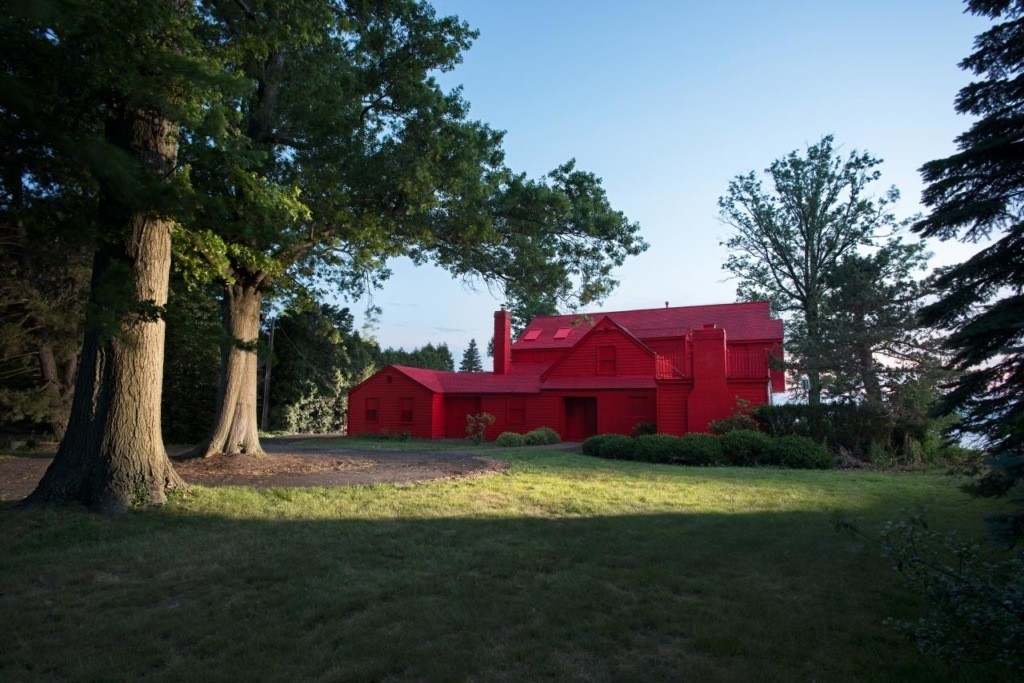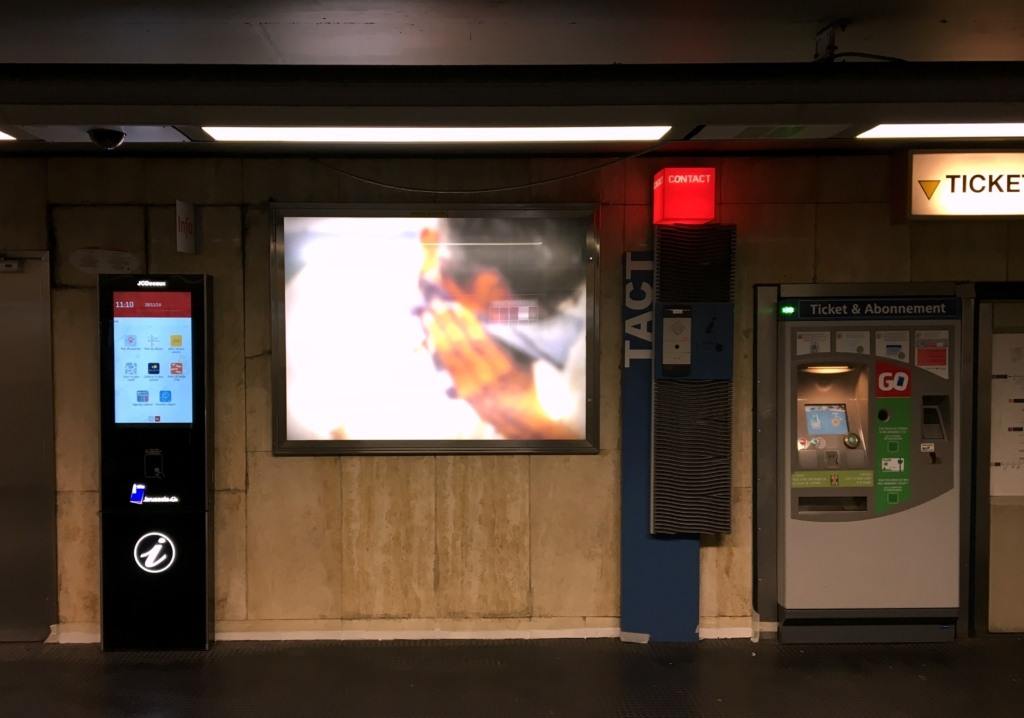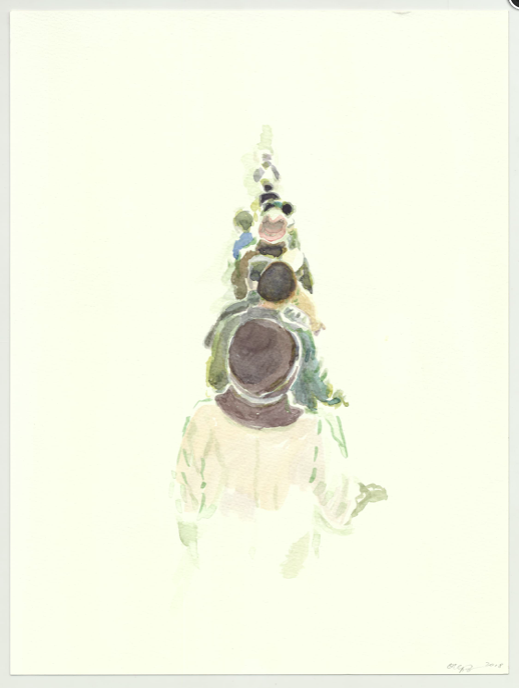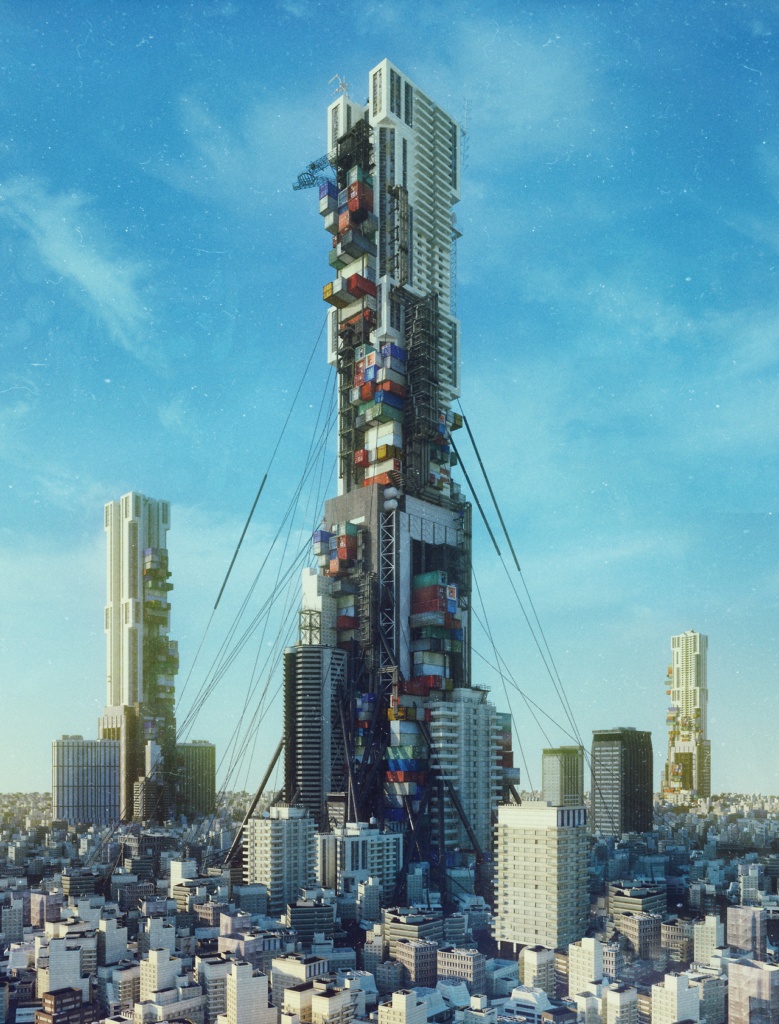New Haunts
Ghost Adventures makes suburban life look like it's full of surprises
Union Station
The history of the train — once a symbol of capitalism, now socialism — contains lessons for nationalizing digital infrastructure
Outer Limits
When you are alone in your house or your car, the radio or podcasts you listen to and the television you watch take up an outsized portion of how you think about and frame social problems. These are the moments in which individuals, alone in their cars with Ben Shapiro squealing through the speakers, form opinions and decide who to associate with. In what Castells calls “the network society,” the suburbs actually go from a pacifying force to a hotbed of political activity.
Just Ride
The distinctly normie feel of standing on an electric scooter may be the keystone that unites the American mainstream with the activists struggling for a less car-centric city. The anarcho-cyclist, the Provo, wants to remake the city in the image of the bike, sweat and all. The resulting society, they imagine, is a more just, more ecologically sustainable, but less comfortable. It’s a particular kind of leftist asceticism that can be a valuable ally in a burgeoning coalition against the car. When it comes to democratizing the street for all sorts of transportation, the hardcore cyclist and the e-scooter commuter will have very similar demands.
Built to Shill
You may hate capitalism but love your childhood home and use the laws of land ownership to protect it and keep it as your own. You hate Uber, but your car is in the shop and it’s the only way to get to work on time. This is, in part, why Morton says that “the time of hyperobjects is a time of hypocrisy.”
Building to Code
The fact that new cities are experiencing a new spin on old problems, instead of leapfrogging American and European mistakes is unsettling. Are the growing pains of cities more intrinsic to urbanization than Howard believed, or have we yet to try something truly new in city-making? The only way to find out is to re-center the human in the city. What I want to do with this column is ask: How do we want to live among technology and each other? Why are cities treated like app platforms?





